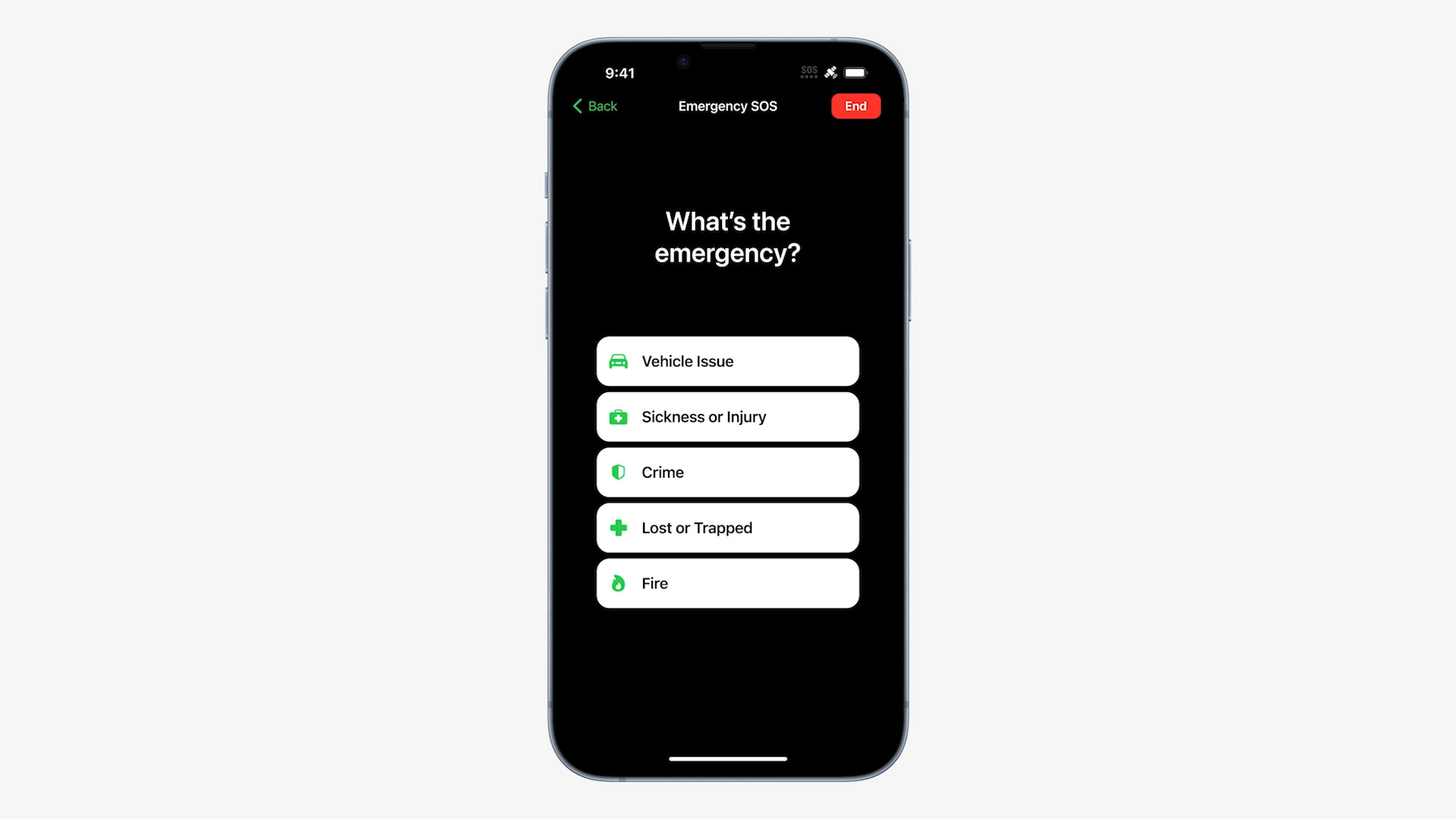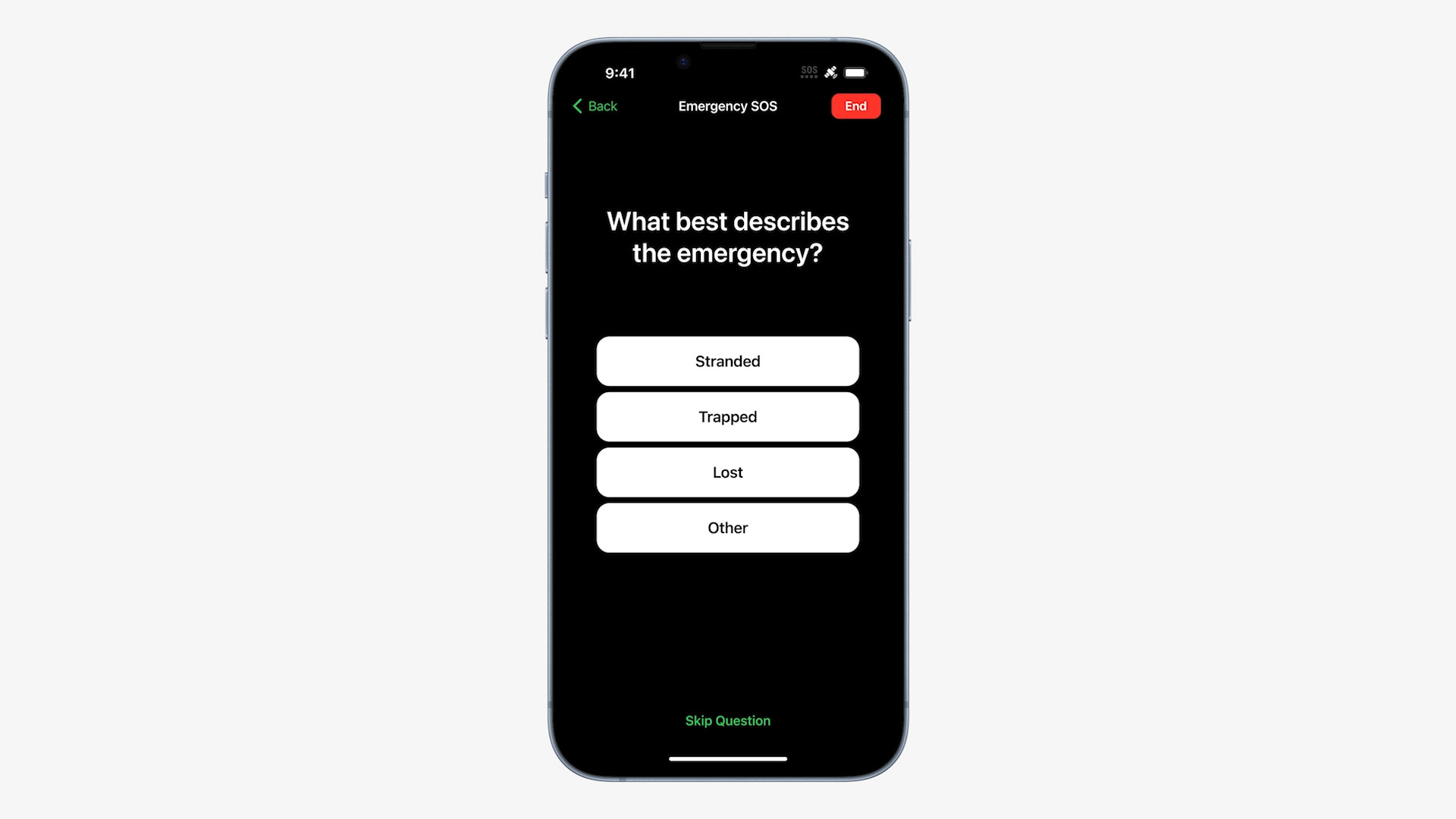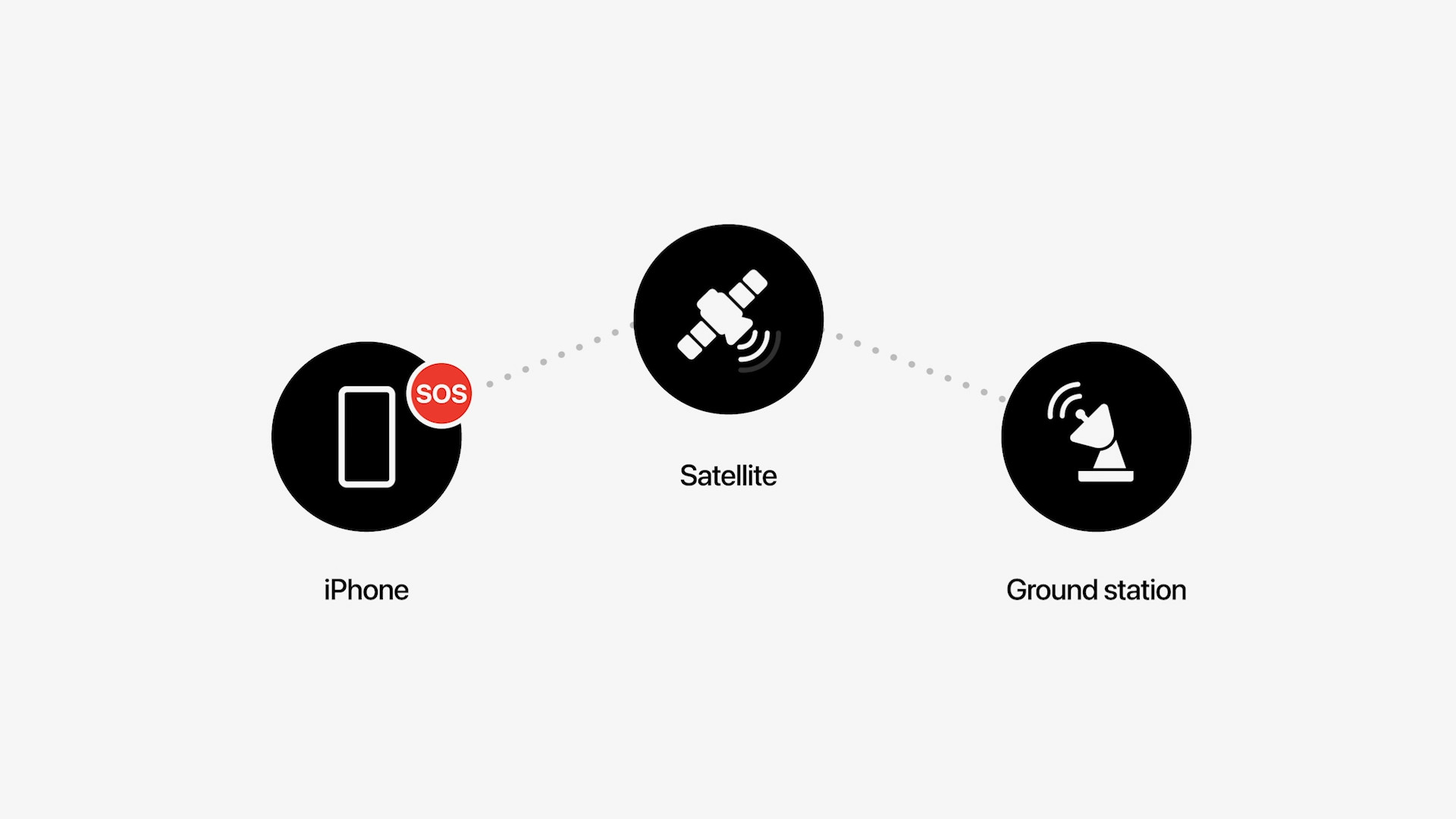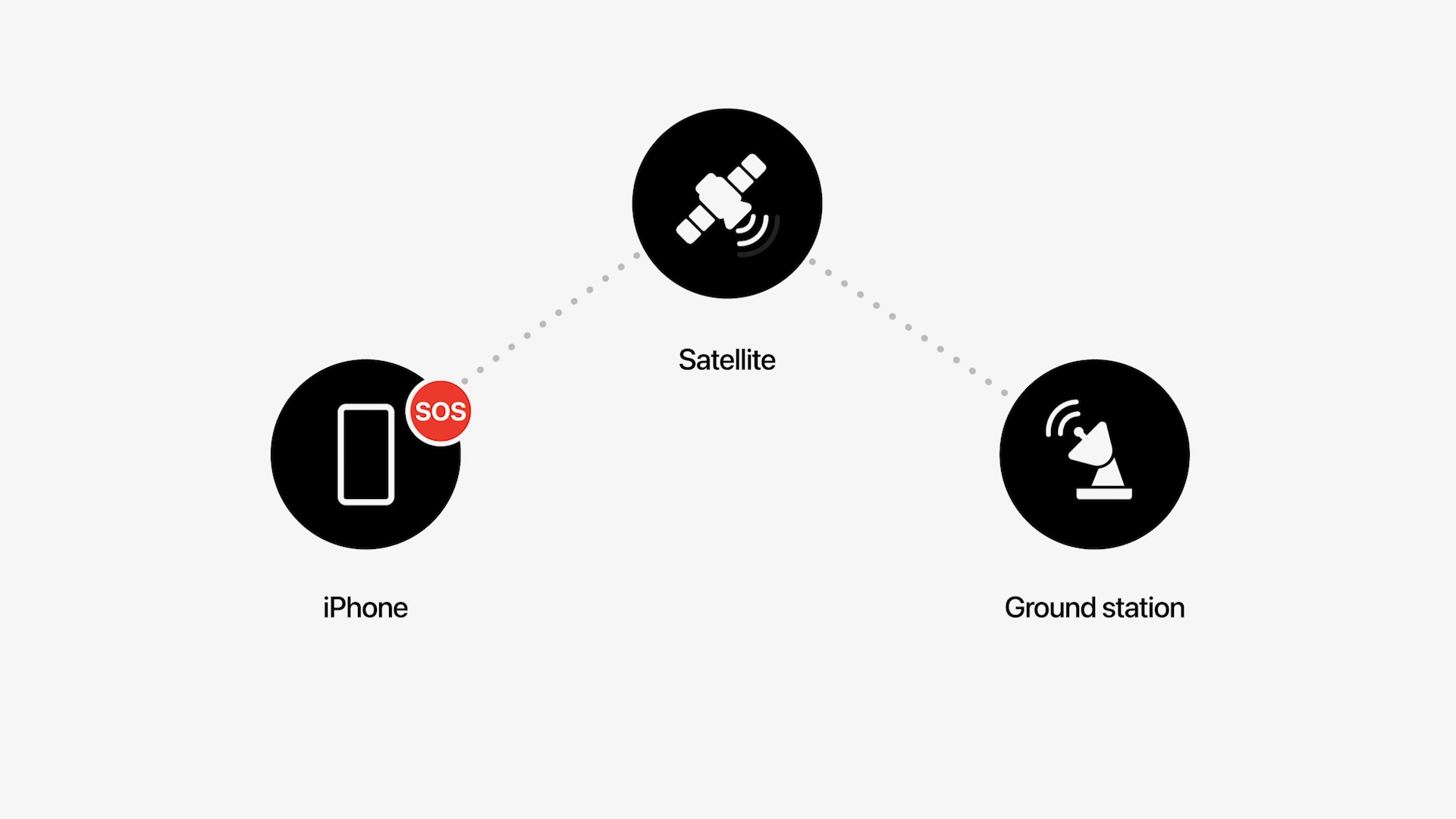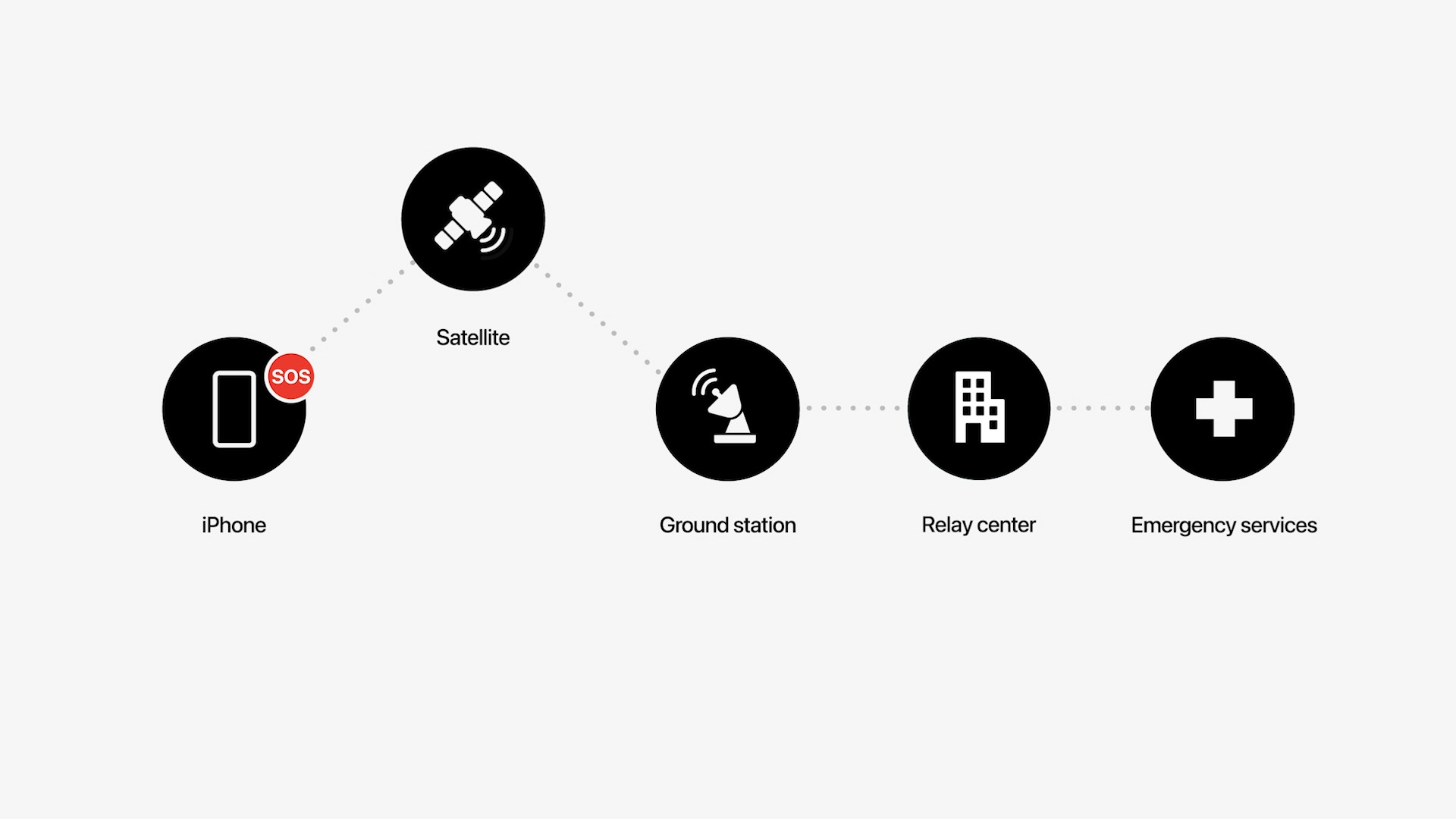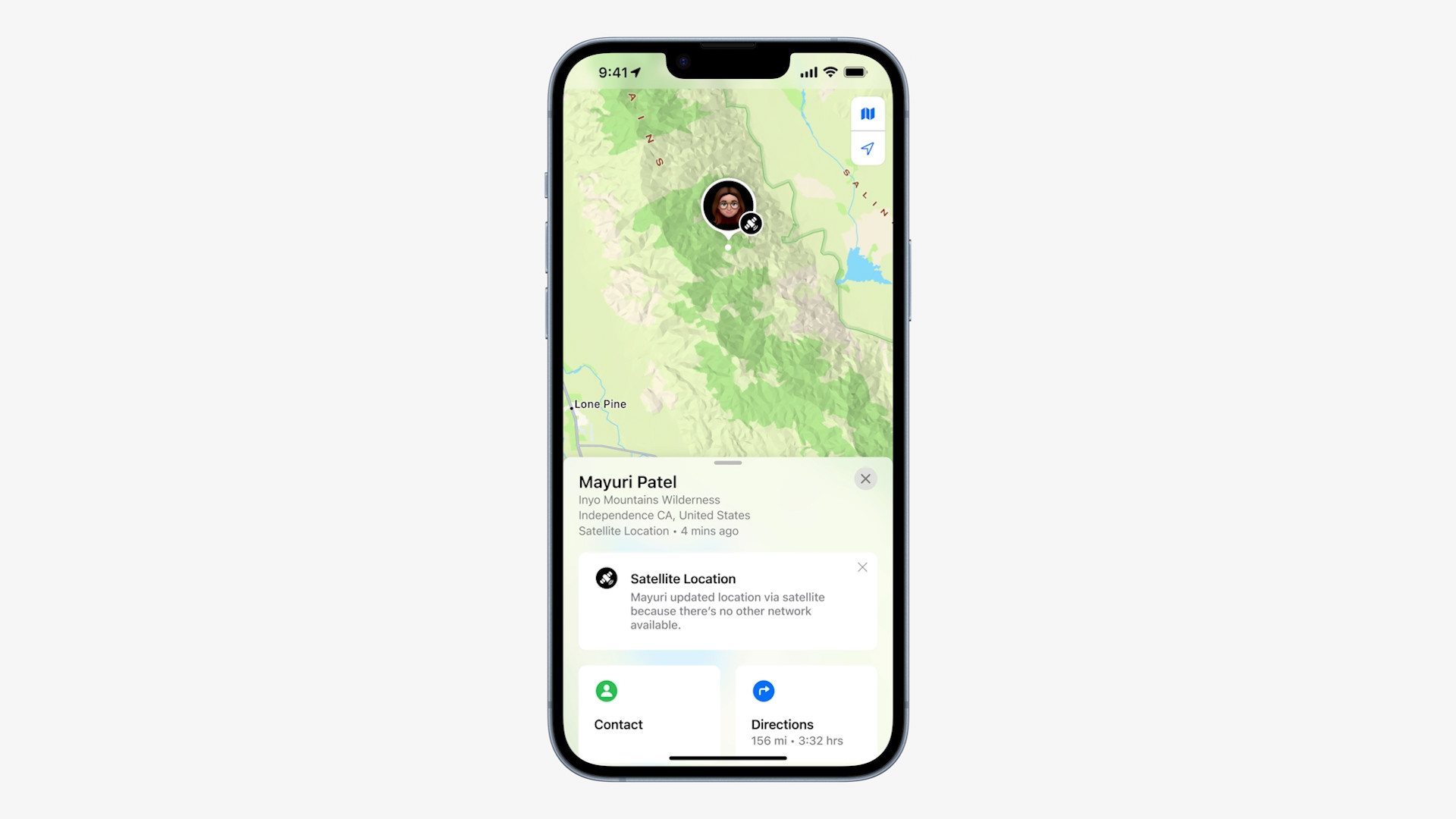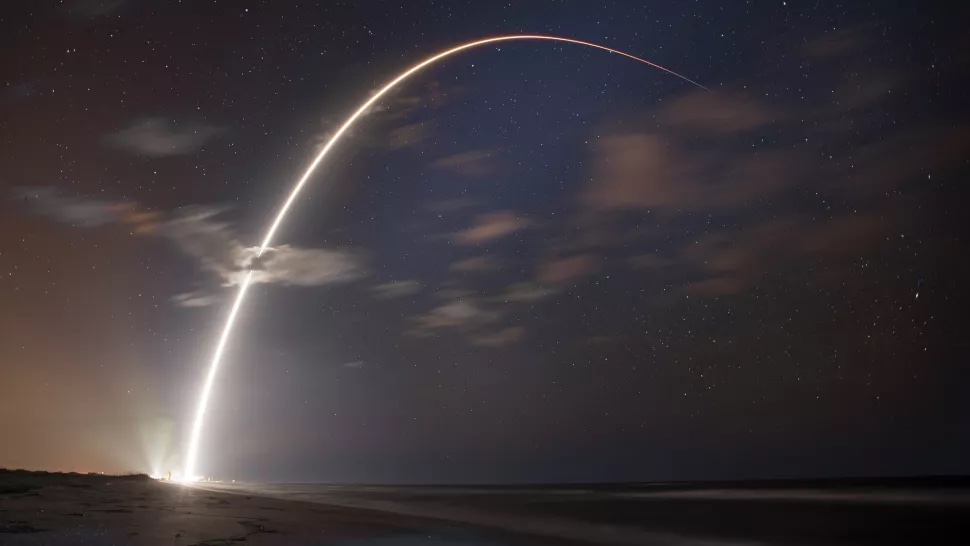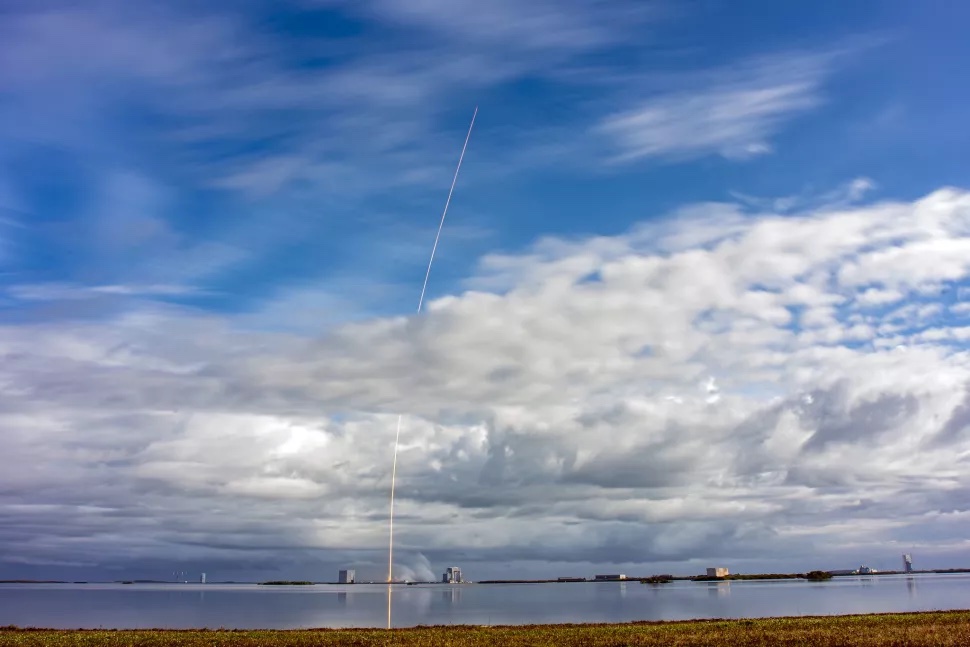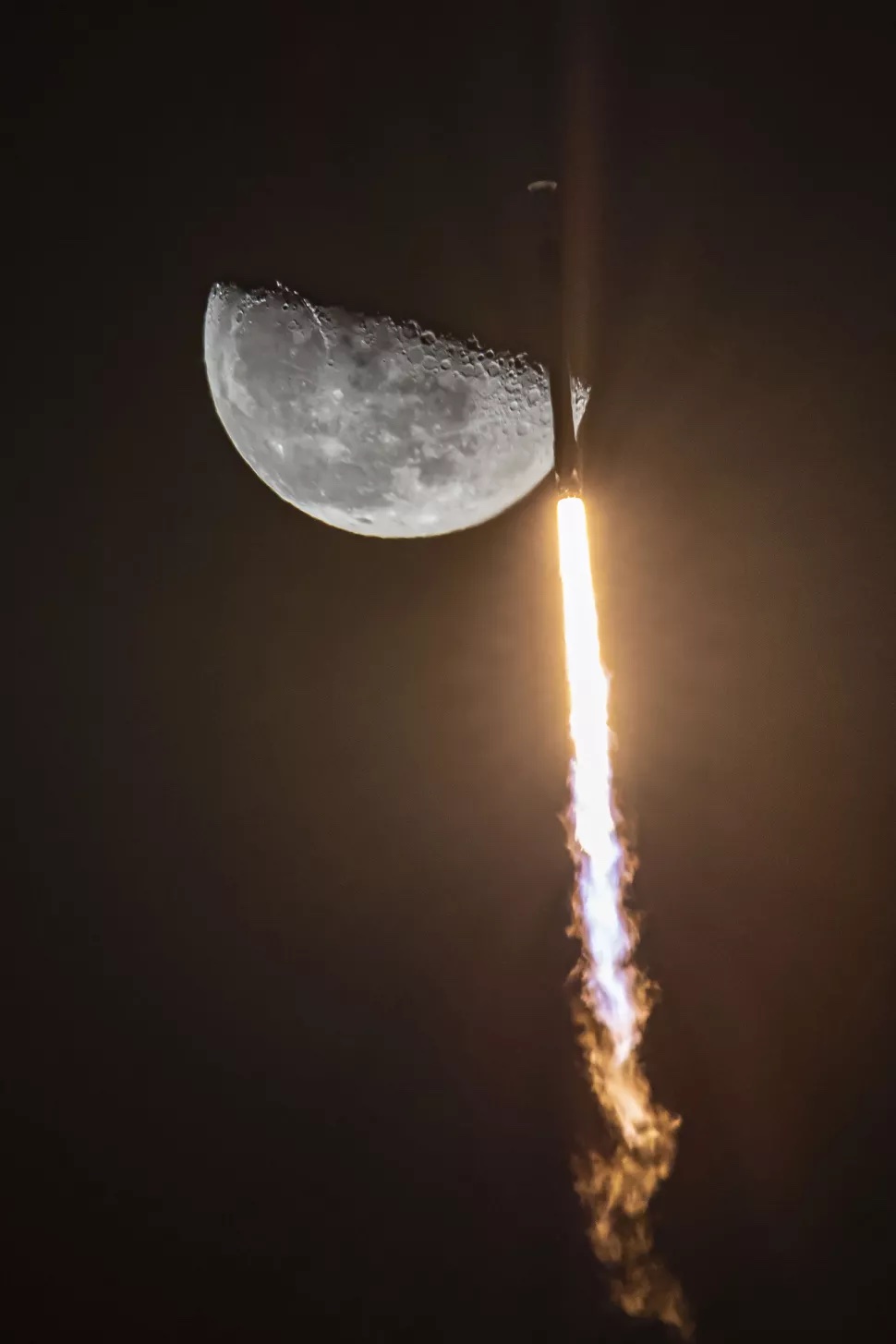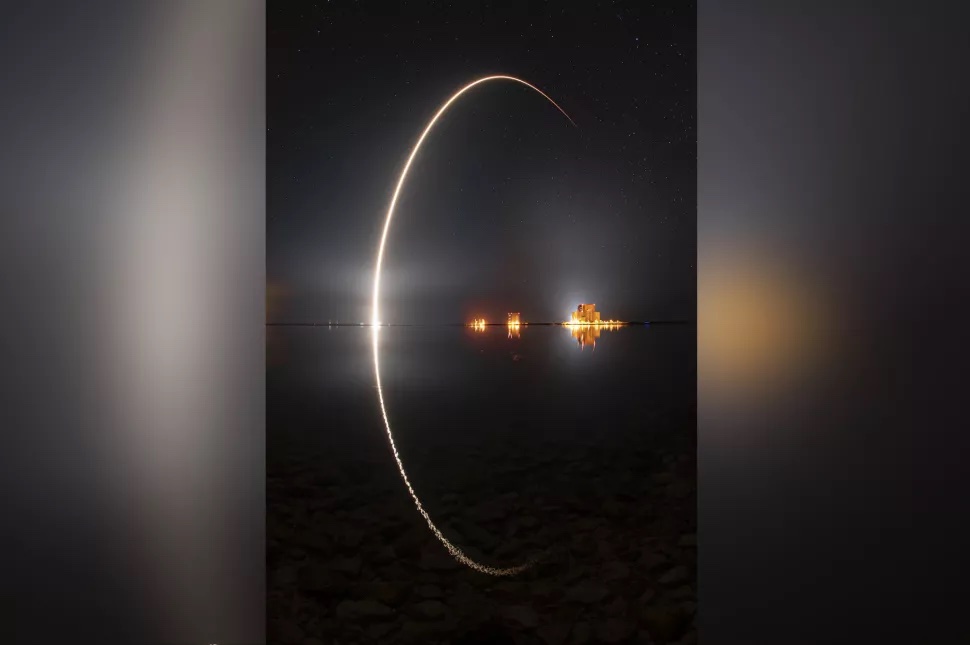We can always criticize the new iPhone 14 for how few innovations they have brought, but no one denies the fact that they include one completely revolutionary function. This is, of course, satellite communication, even if only on an SOS basis. We were waiting to see how the competition would react to it, and now we know what Samsung is planning.
Smartphone manufacturers need to constantly outdo themselves in something. You may remember the times when the main thing was the thickness of the phone, but it was also about the size and technology of the display and last but not least, of course, the quality of the cameras. However, with the advent of satellite communication, there is another element that can make the decision.
Satellite connectivity with iPhone 14 is available when you're out of Wi-Fi or cellular coverage and need to send an emergency message. However, Apple noted that it was developed for use in open spaces with a clear view of the sky, particularly vast deserts and bodies of water. The performance of the connection is also logically affected by cloudy skies, trees, and even mountains.
It could be interest you

This technology is in its infancy, although it can be seen that Apple has thought about it. It seems unimportant to most because its functionality is limited to a relatively small area (with respect to the whole world) and precisely because it assumes you are in an emergency, which most iPhone owners hope never will be, and therefore satellite SOS communications will never will not use But we are at the beginning of the journey, and it is not advisable to burn the start. Before it opens up to everyone and in its full range of possibilities, it is advisable to properly test it so that there are no unpredictable errors.
Samsung doesn't just want SOS
Although the South Korean Samsung introduced the Galaxy S23 series at the beginning of February, i.e. its most advanced smartphones, there was no mention of satellite communication in connection with them, even though their Snapdragon 8 Gen 2 chip is already capable of it. Samsung CEO TM Roh said after the launch of the flagship phones that when the infrastructure and technology are ready, satellite communication in the company's devices will come.

But Qualcomm said that not all Snapdragon 8 Gen 2 devices can actually use this feature. Smartphones require special hardware to access the satellite connection, another snag is that Google did not add native support for this function to Android 13, and it will probably only be introduced with Android 14 (Google I/O is scheduled for May).
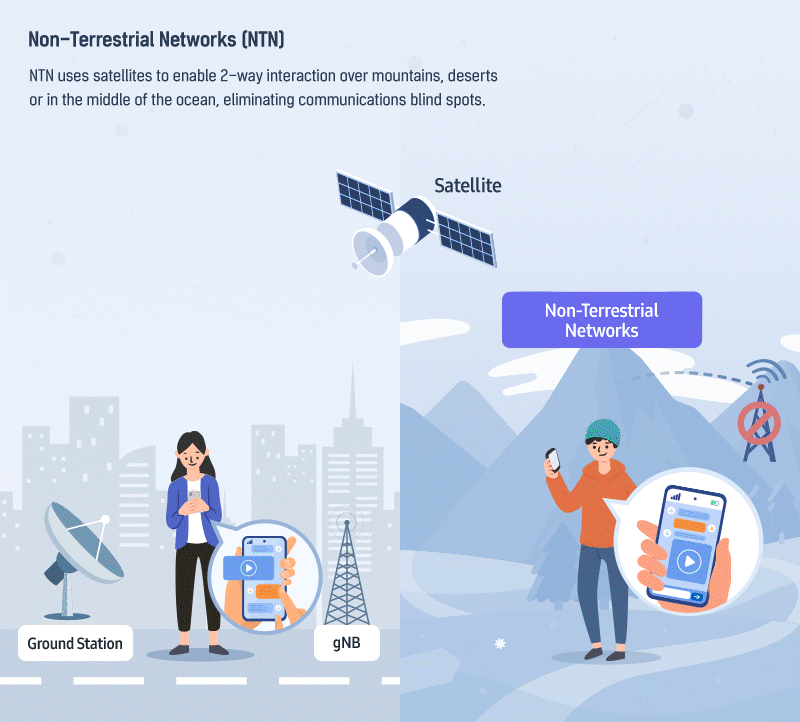
Samsung however now announced, that he developed 5G NTN (Non-Terrestrial Networks) modem technology that enables two-way direct communication between smartphones and satellites. This technology allows smartphone users to send and receive text messages, calls and data even when there is no mobile network nearby. The company plans to integrate this technology into future Exynos chips, but that's a problem.
It was the S-series phones that ditched the Exynos because they simply weren't good enough to compete with both Snapdragons and Apple's A-series chips. So if Samsung wants to have satellite communication even in its best phones, it will have to install Exynos chips again, which no one wants, or rely on what Qualcomm allows. Again, this shows the power of a hardware manufacturer also producing the homelandcomponents and makes them well, which Samsung just couldn't do.
It could be interest you
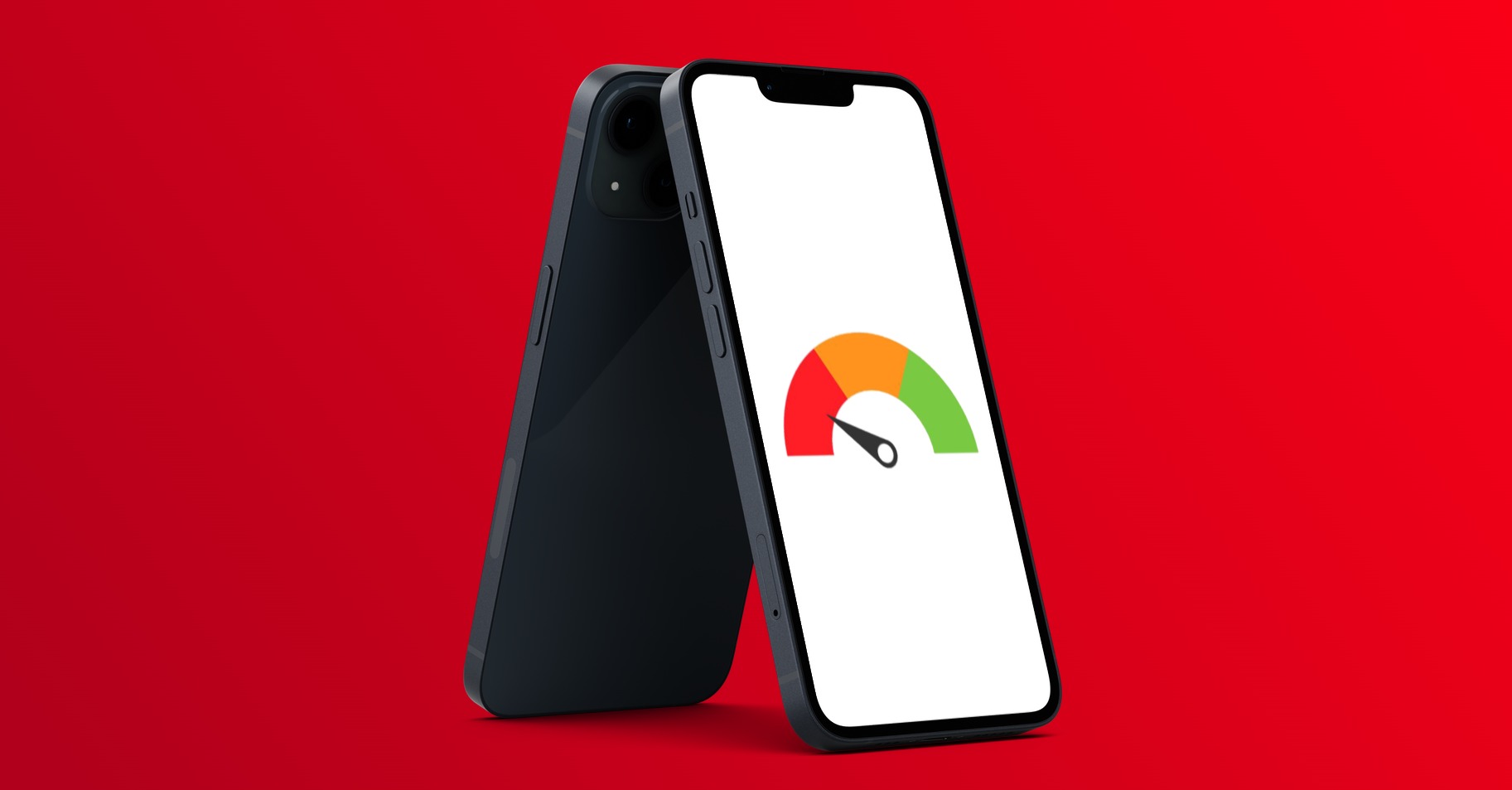
Communication is the same as via transmitters
Samsung tested its technology by successfully connecting to LEO (Low Earth Orbit) satellites through simulations using its existing Exynos 5300 5G modem. He says his new technology will bring two-way texting and even high-definition video streaming to smartphones directly over a satellite connection, a clear departure from SOS communications, which Apple has so far focused exclusively on.
The Galaxy S24 series phones could be the first to bring this technology, although that is of course a big question, as it will depend on the chip used. It's no surprise then that Samsung wants to be the leader in satellite communications. If this is the case, Apple will also show where it will move its technology, which we could learn at WWDC23 in early June.
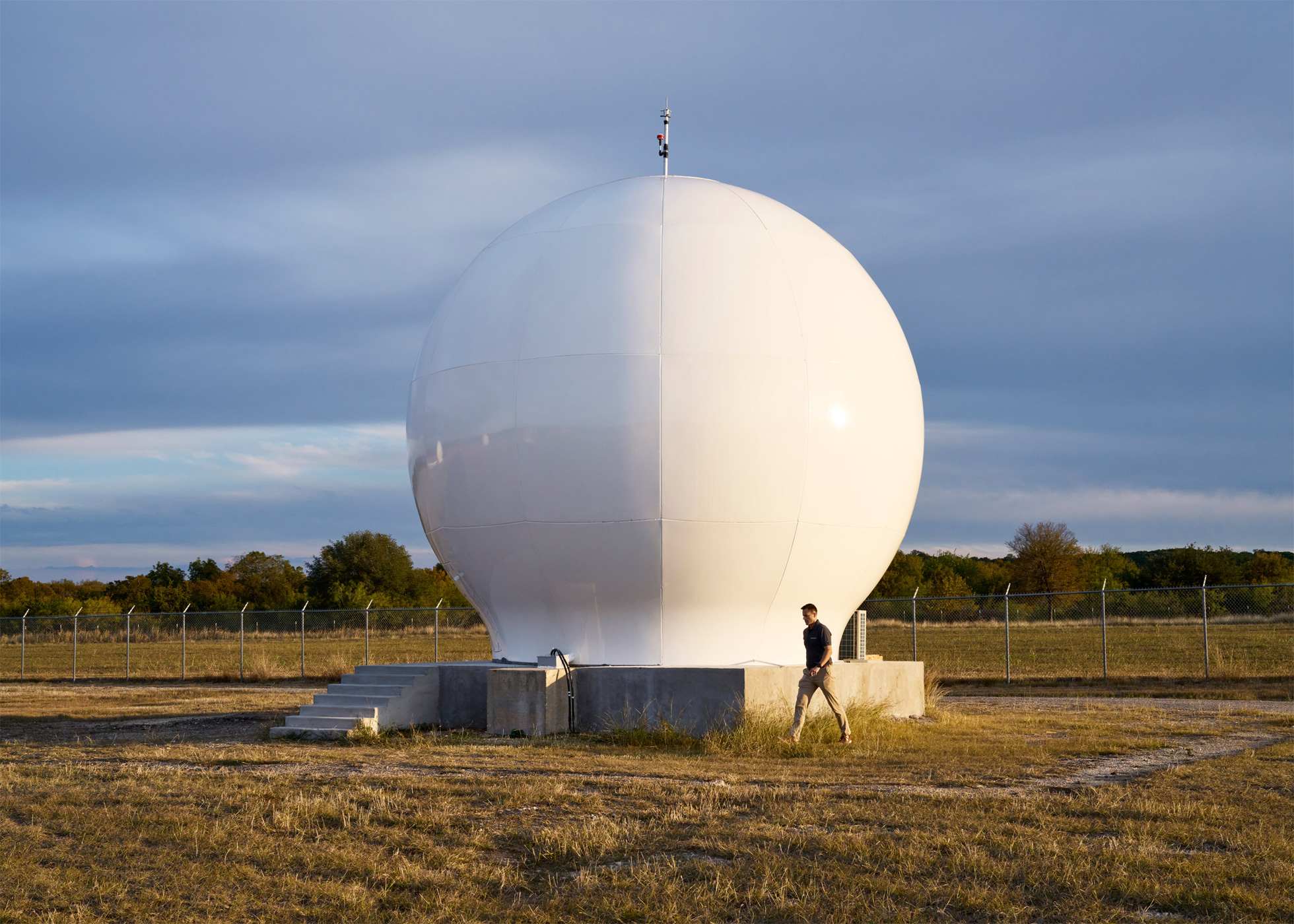
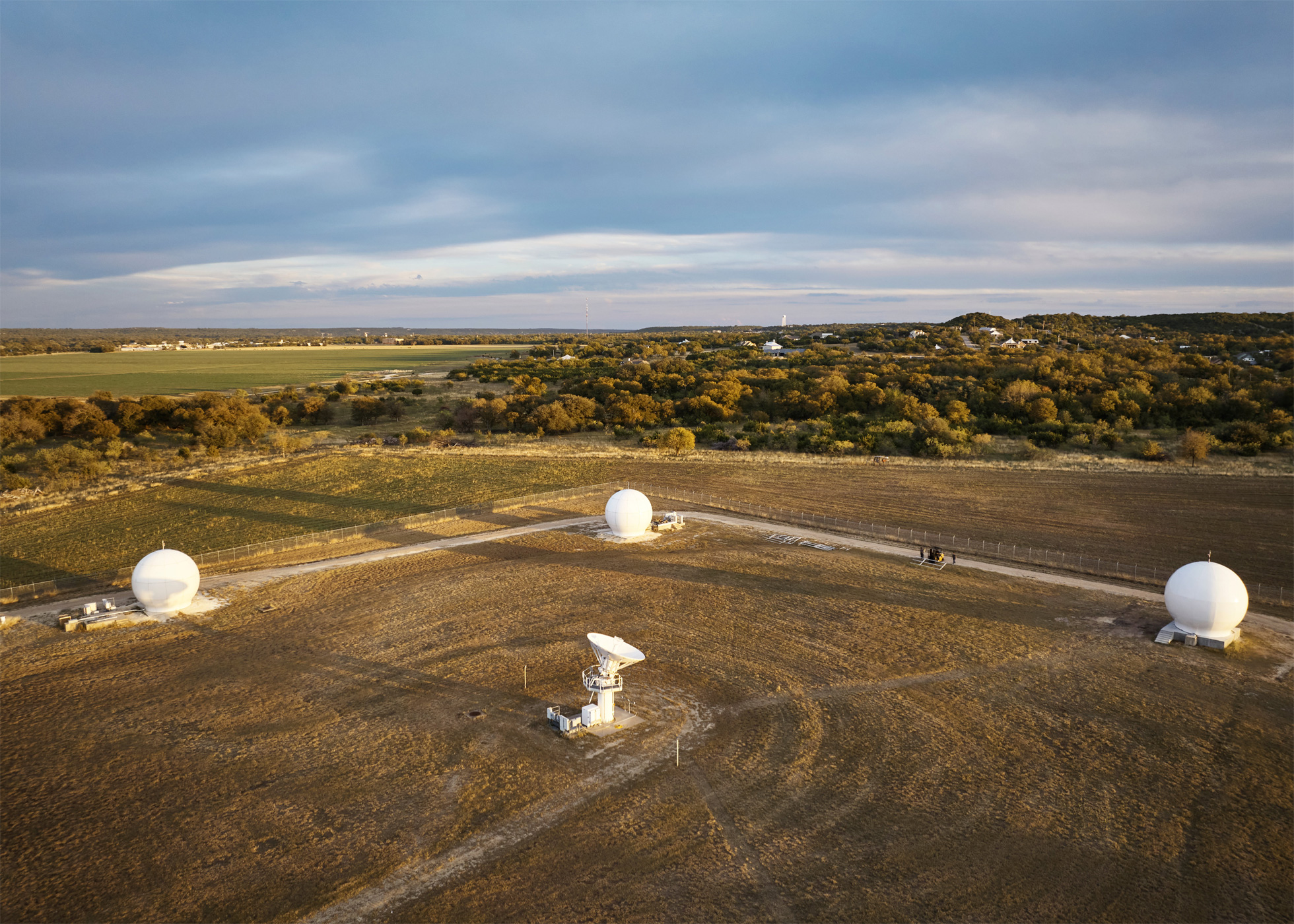
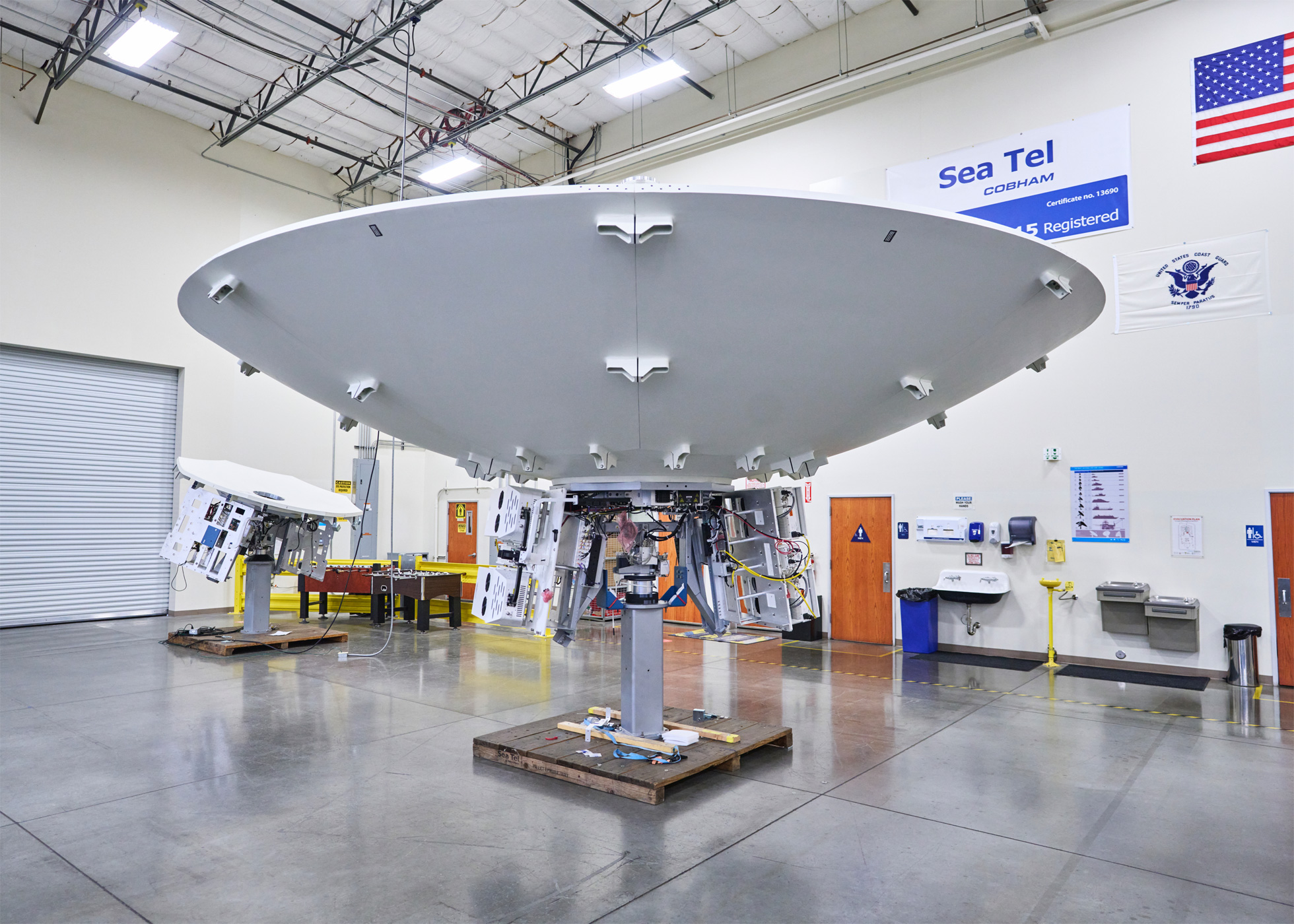



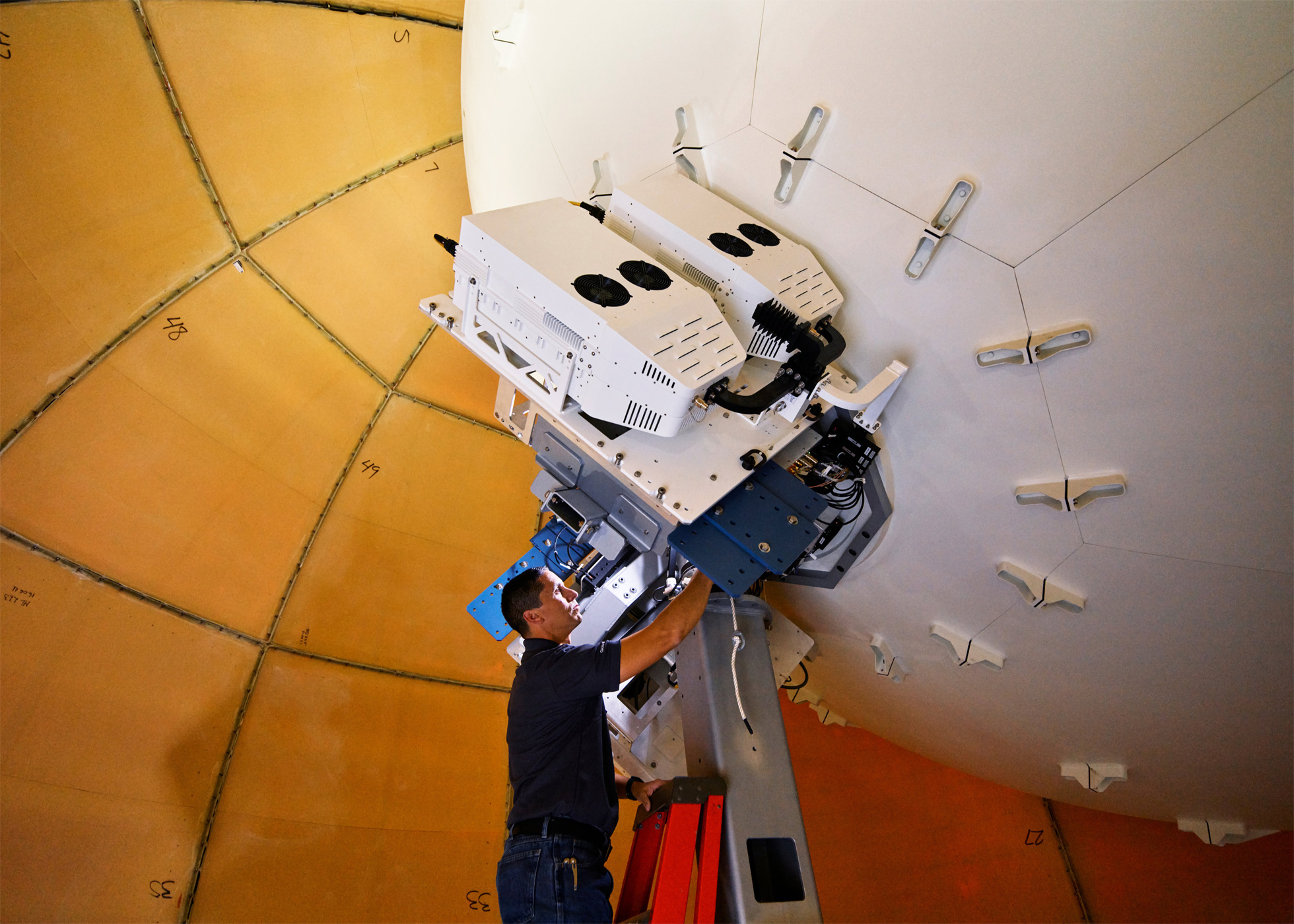

 Adam Kos
Adam Kos 
